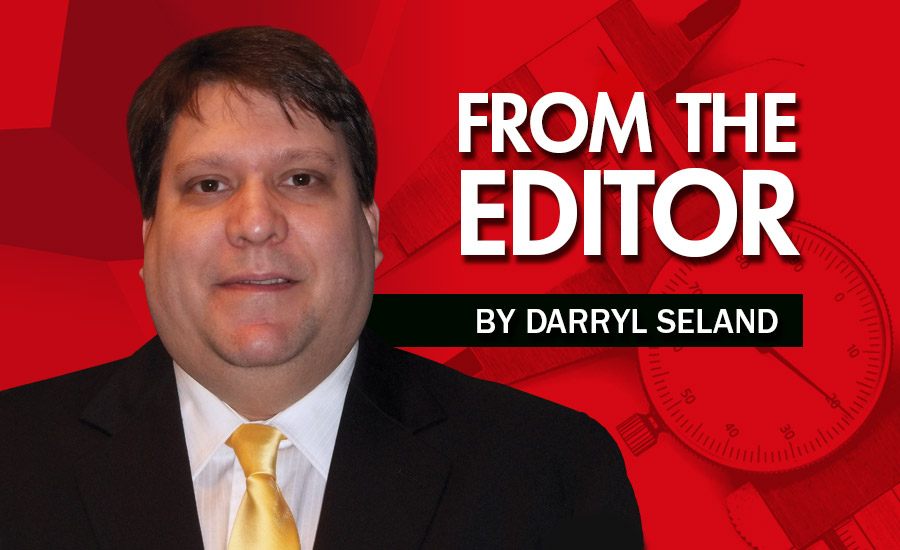Words.
Striving to put right what once went wrong.

We have a tendency to overuse certain words. I know this because on an annual basis many media outlets publish lists of the most overused words of the year. It usually happens in December to commemorate the end of the year. But before you accuse me of being late, this is not simply a list of overused words. I have a point to make, and that is, when we overuse words there is a danger in them losing their power and meaning.
For instance, take Claire Fallon’s recent Huffington Post article, “These Words Are So Overused They’ve Become Meaningless.” As Fallon points out:
“Our everyday language has become littered with such terms, so nondescript and ubiquitous that we barely even register their presence. Unique, a word meaning ‘unlike anything else,’ has become so common that we now modify it with very or so to emphasize that it really is unlike anything else, rather than just somewhat different from the norm.”
Fallon further notes that the mustache-shaped shelf you picked up at Urban Outfitters is not unique, saying, “Thousands of other Urban Outfitters shoppers have the exact same one.”
Sometimes our slang version of a word cannot only sap it of its meaning, but change that meaning completely. In another example from Fallon (borrowed from Mental Floss Magazine):
“Terrific, once used to mean ‘terror-inducing,’ was used ironically to mean ‘intensely good,’ and the new definition eventually spread throughout society, overtaking the old meaning,” she wrote. “No one uses terrific in the old sense anymore. The original slang creators were being playful and clever, but the ultimate effect is quite the opposite; an interesting, precise word has now become a bland, broad one, indistinguishable from ‘awesome,’ ‘fantastic,’ and ‘great.’”
Nowhere is the danger of robbing words of their meaning through inexactness or overuse more prevalent than in marketing and advertising. In 2015, PR News conducted a March-Madness-style survey over social media to highlight the words so overused by advertisers that they have become meaningless, and ignored, by consumers.
When used with care and exactness, even words in danger of falling off the “meaning cliff” can effectively paint us a picture. As Pat Nugent writes, “We usually think of a ‘quantum leap’ as a big thing, a great change or advance, and often when we are using this term, it is. Yet the term actually originates from atomic science and describes an electron moving from one energy level to another. This is a very tiny change indeed, however significant it is for the electron involved. The next quantum leap in form measurement will be of similar proportion: very small in scale but significant in impact.”
Read Pat’s article, “The Next Quantum Leap in Form Measurement,” in this month’s Quality. And, again, some words can never be overused if they are pertinent and deserving, so join me in saying “Congratulations!” to Winona PVD, Quality’s 2016 Plant of the Year. Read all about the company’s worthiness in Managing Editor Michelle Bangert’s article, “Rolling Along.”
As always, enjoy and thanks for reading!
p.s. I am sure I’m not immune. I know an analysis of my columns would reveal a propensity or even overuse of certain words. If you are so inclined to such an analysis, I ask only one thing—be gentle.
Looking for a reprint of this article?
From high-res PDFs to custom plaques, order your copy today!








